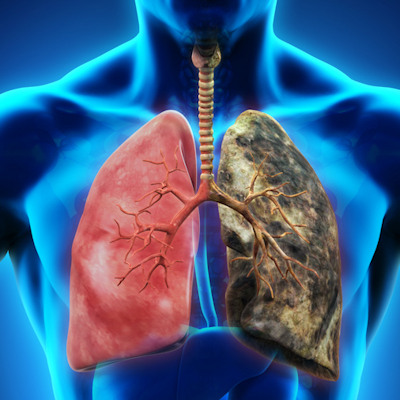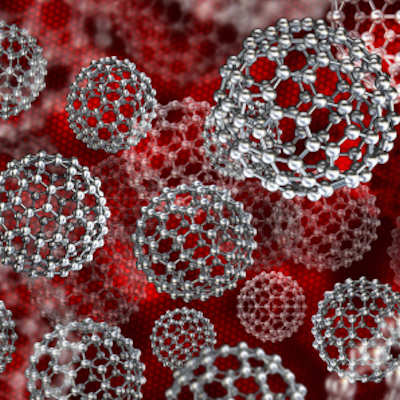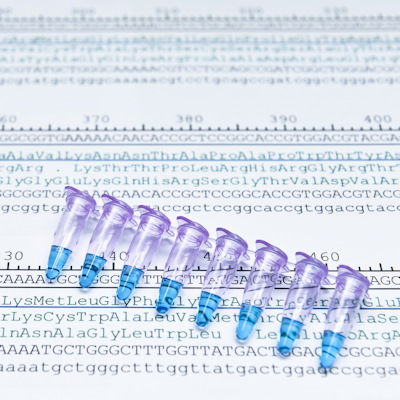October 21, 2022 -- University of Missouri (UMO) researchers were awarded a $2.35 million grant from the National Cancer Institute (NCI) to help overcome drug resistance in non-small cell lung cancer. The NCI grant will allow them to generate the preclinical data required before human clinical trials can begin.
Following a diagnosis of non-small cell lung cancer, there is approximately a 75% chance that the cancer will develop resistance to the originally provided drug therapy after 14 months. Subsequent treatment options are few.
The researchers previously identified two genes involved in drug resistance. They will use the grant to test their resistance-prevention approach, which combines a process called RNA interference (RNAi) with protein-based nanoparticles. Once these nanoparticles deliver the RNA to the tumor and stop the resistance, the cancer might better respond to drug therapy. The team has created similar nanoparticle-based drug delivery methods for ovarian, breast, pancreatic, and liver cancers.
"Through RNAi, we have something called a silencing RNA (siRNA). As the name suggests, it silences the gene of interest, which in this case are the two genes causing this drug resistance," explained Raghuraman Kannan, PhD, cancer research chair at UMO's School of Medicine, in a statement. "But siRNAs are inherently unstable in blood. So, we must develop a technology to deliver this siRNA to the [cancer] tumor. That's where the nanoparticle comes in."
Copyright © 2022 scienceboard.net










